Bristol 0117 9292288
Cirencester 01285 657751
- Bristol Showrooms
- Cirencester Store
- Bathrooms
- Cookshop
- Home Furnishings
- DIY
- Decorating
- Electricals
- Furniture
- Gardening
- Heating & Cooling
- Tiles and Flooring
- Rug Doctor Carpet Cleaner
- Cirencester Free Parking
- Shop Local Cirencester
- Lumination Lighting
- Our Brands
-
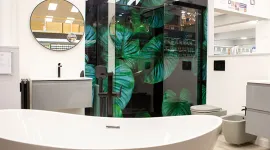
Bathrooms Cirencester
-

Cookshop Cirencester
-

Home Furnishings Cirencester
-

DIY Cirencester
-

Decorating Cirencester
-

Home Appliances Cirencester
-

Furniture Cirencester
-

Gardening and Outdoor
-

Heating & Cooling in Cirencester
-

Tiles and Flooring
-
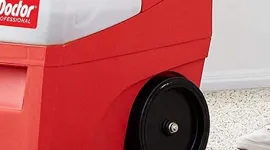
Rug Doctor Carpet Cleaner
-
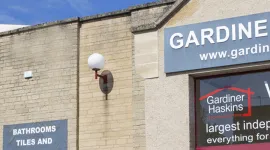
Cirencester Free Parking
-
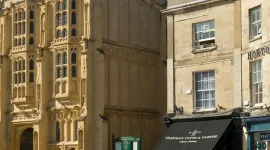
Shop Local Cirencester
-

Lumination Lighting
-

Brands
- Garden Furniture
- Inspiration & Advice
- Contact
- Parking
- Free Consultation






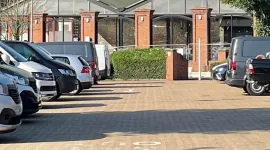

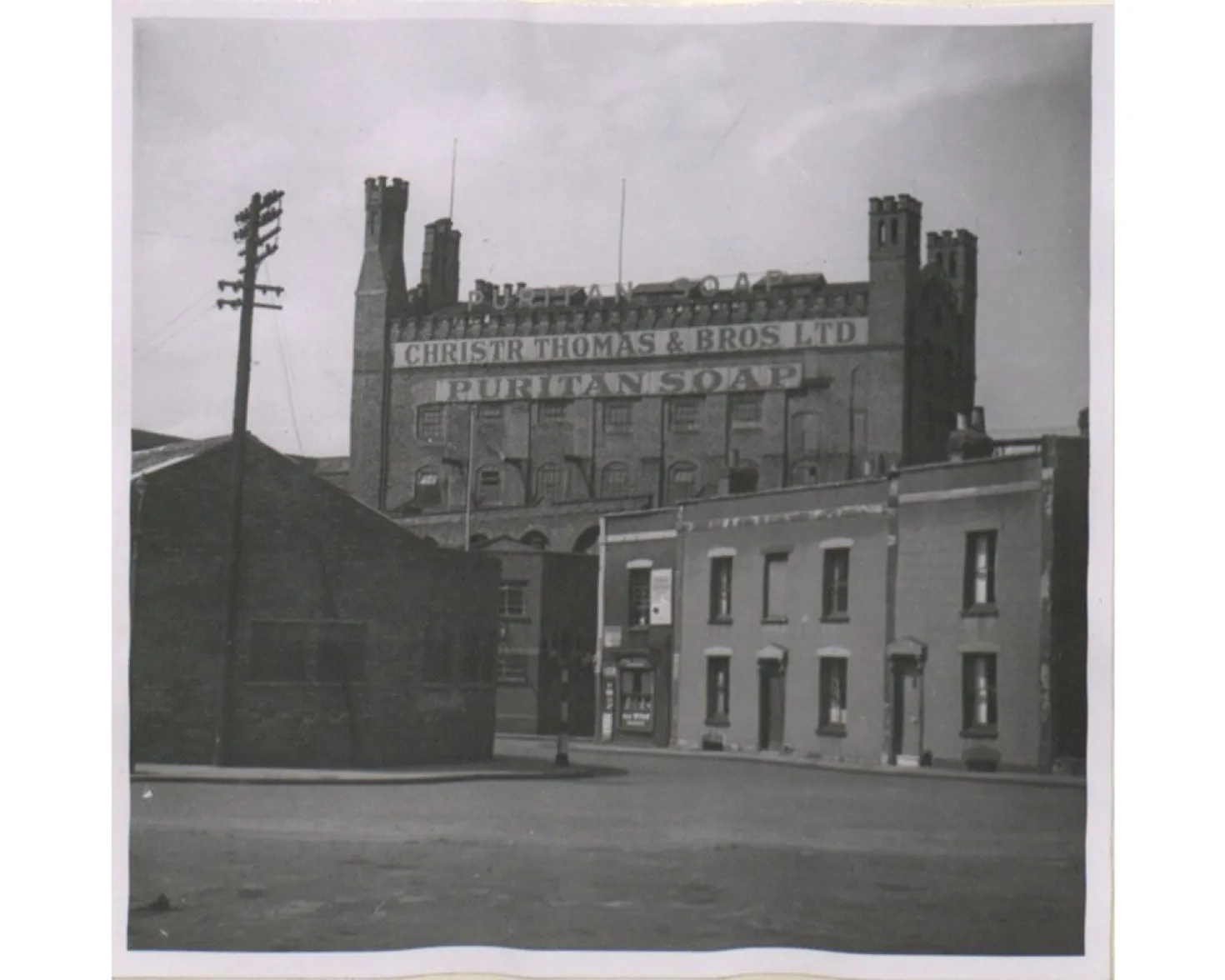

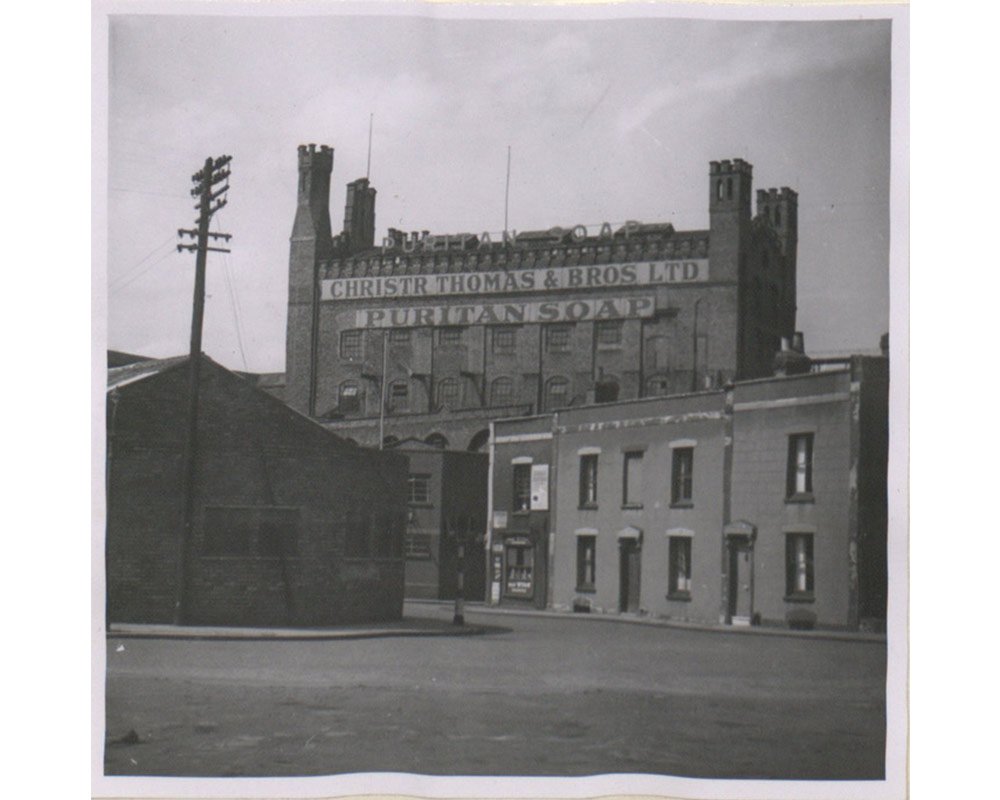
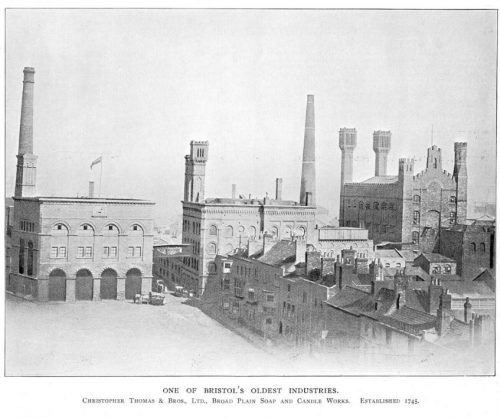
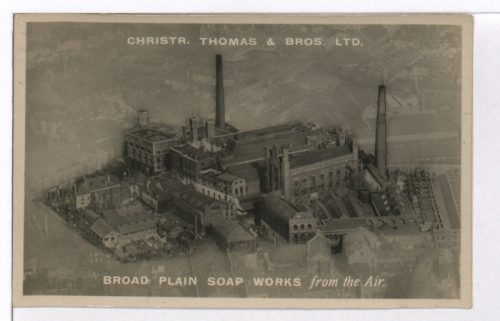
.jpg)
